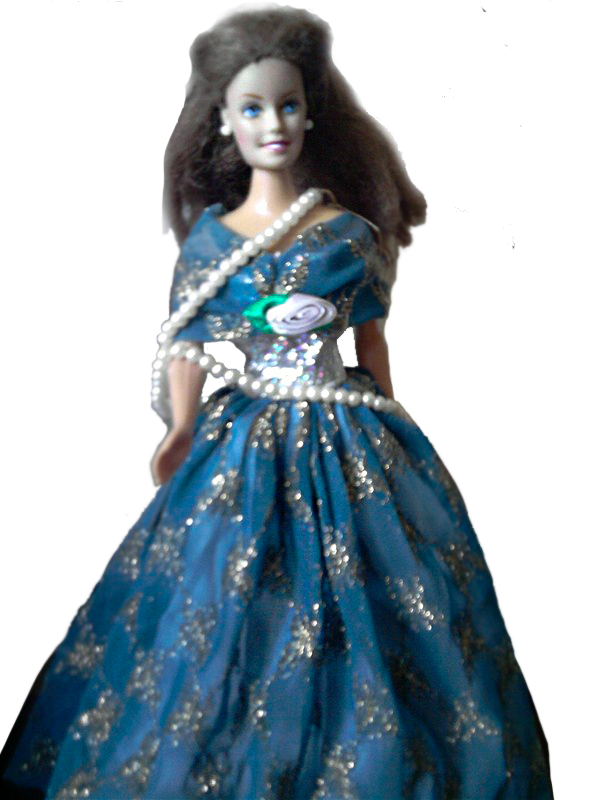’99
Because you are the only child, your
parents have high expectations of you.
Since kindergarten, your mom brought
you to participate in extra classes .
When you were three years old, your mom took you to the community centre to learn piano.
You sat in a big chair, and the teacher took a stool and placed it under your feet. “Keep your gesture like this, like holding an egg.” The teacher said patiently.
But it was hard for you to do it well. What does it look like to hold an egg? You think. While tapping the piano keys with the gesture of “holding the egg” again and again, sleepiness kept coming to you.
You tried so hard to keep your eyes open. But you failed. Your head dropped to one side from time to time.
“She is too young. She fell asleep when she was playing. Let’s bring her back when she is older.”
When you were three years old, your mom took you to the community centre to learn piano.
You sat in a big chair, and the teacher took a stool and placed it under your feet. “Keep your gesture like this, like holding an egg.” The teacher said patiently.
But it was hard for you to do it well. What does it look like to hold an egg? You think. While tapping the piano keys with the gesture of “holding the egg” again and again, sleepiness kept coming to you.
You tried so hard to keep your eyes open. But you failed. Your head dropped to one side from time to time.
“She is too young. She fell asleep when she was playing. Let’s bring her back when she is older.”
